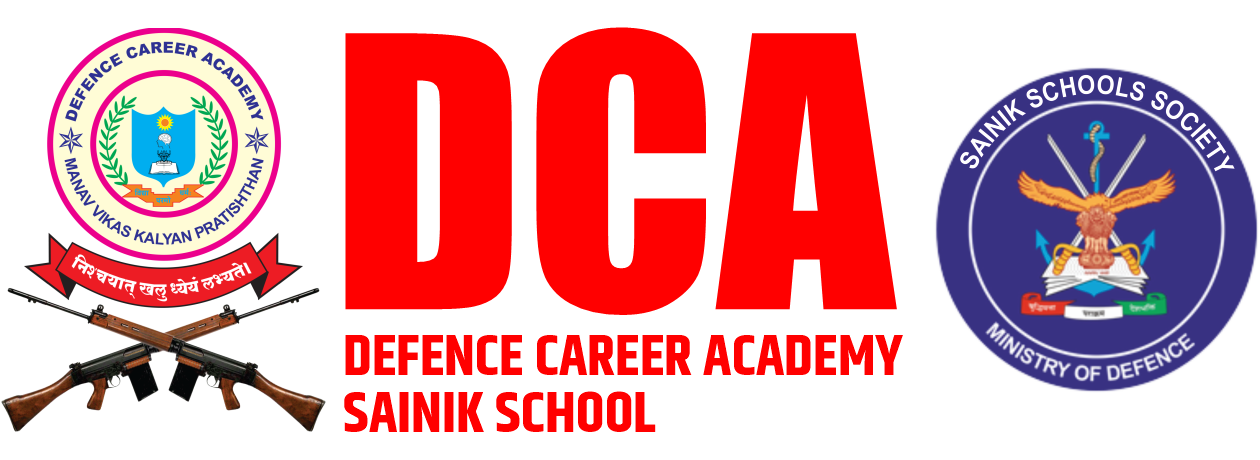Application Details
- Candidates are required to fill the Jee Main Application Form only.
- No other modes will be released from the first week of December.
- Candidate can submit only one application form. More than one application form filling will lead to rejection.
- There is no need to send the printed application form to the CBSE Board.
Stages For Selection Process
- 10+2 With PCM Group
- Written Exam
- Merit List
- Counselling to get a College
Eligibility
- Candidates appearing / passed 12th or equivalent exam with PCM are eligible to apply.
- Candidates who have passed 12th or equivalent exam in 2014 are not eligible to apply.
- Number of Subjects in 12th: Aspirants should have minimum five subjects in 12th/qualifying examination.
- Number of Attempts: Candidate can attempt JEE Main exam three times only.
- Diploma (3 years) holders are also eligible to apply.
Age Criteria
Candidates age should be 18 to 25 years.
| Notification |
2024 |
2025 |
2026 |
2027 |
| JEE Exam |
02 July 2005 to 01 July 2007 |
02 July 2006 to 01 July 2009 |
02 July 2007 to 01 July 2011 |
02 July 2009 to 01 July 2014 |
Examination Details
JEE (Main)— shall have two papers, Paper - 1 (B.E. / B. Tech.) and Paper-2(B. Arch. / B. Planning). Depending upon on the courses candidates are seeking admission, may take Paper - 1 B.E. / B. Tech.), or Paper - 2 B. Arch. / B. Planning), or both.
Subject combination for each paper, type of Questions in each paper and mode of examination available is given
| Section |
Subject |
Type Of Questions |
Mode Of Exam |
| Paper 1 (B.E. / B.Tech.) |
Physics, Chemistry & Mathematics |
Objective type with equal weightage to Physics, Chemistry & Mathematics |
Pen & Paper Based Exam or Computer Based Exam |
| Paper 2 (B.Arch. / B.Planning) |
Mathematics - Part I
Aptitude Test - Part II
Drawing Test - Part III |
Objective type
Objective type
Questions to test drawing aptitude |
Only Pen & Paper Based Exam |
Requirement of papers for different Courses
| Course |
Paper |
| All other undergraduate courses (B.E. / B.Tech.) |
Paper - 1 |
| B.Arch. / B.Planning (At Institutions other than IITs) |
Paper - 2 |
JEE Main Paper I
- Courses : It is held for Engineering courses (B.Tech / BE).
- Number of Questions : It is consisted of 82 MCQ (Multiple Choice Questions) out of which 30 questions from mathematics, 50 Questions from aptitude test and 2 questions (descriptive) of drawing test.
- Subjects : The paper will be asked from subjects as Mathematics, Aptitude, Drawing.
- Language : Hindi, English (candidates can select while filling the application form)
- Mode : It will be commenced via offline mode.
- Duration : 3 hours. (4 hours for the candidates haying 40% or more disability)
- Marking Scheme : 4 marks for each correct response. (2 questions of drawing will carry 70 Marks)
- Negative Marking : 1 mark will be deducted for each incorrect response or multi - responses.
| Subjects |
Questions |
Marks |
| Chemistry |
30 |
120 |
| Physics |
30 |
120 |
| Mathematics |
30 |
120 |
| Total |
90 |
360 |
JEE Main Paper II
- Courses : It is held for Architecture course (B.Arch).
- Number of Questions : It is consisted of 90 MCQ (Multiple Choice Questions).
- Subjects : The paper will be asked from subjects as Physics, Chemistry and Mathematics.
- Language : Hindi, English (candidates can select while filling the application form)
- Mode : It will be commenced via both; online & offline.
- Duration : 3 hours. (4 hours for the candidates haying 40% or more disability)
- Marking Scheme : 4 marks for each correct response.
- Negative Marking : 1 mark will be deducted for each incorrect response or multi-responses.
| Subjects |
Questions |
Marks |
| Mathematics |
30 |
120 |
| Aptitude Test |
50 |
200 |
| Drawing Test |
02 |
70 |
| Total |
82 |
390 |
Syllabus for Paper - I
Physics
| Physics and Measurement |
Current Electricity |
| Kinematics |
Magnetic Effects of Current and Magnetism |
| Laws of Motion |
Electromagnetic Induction and Alternating Currents |
| Work, Energy and Power |
Electromagnetic Waves |
| Rotational Motion |
Optics |
| Gravitation |
Dual Nature of Matter and Radiation |
| Properties of Solids and Liquids |
Atoms and Nuclei |
| Thermodynamics |
Electronic Devices |
| Kinetic Theory of Gases |
Communication Systems |
| Oscillations and Waves |
Experimental Skills |
| Electrostatics |
|
Mathematics
| Sets, Relations and Functions |
Limit, Continuity and Differentiability |
| Complex Numbers and Quadratic Equations |
Integral Calculus |
| Matrices and Determinants |
Differential Equations |
| Permutations and Combinations |
Co-Ordinate Geometry |
| Mathematical Induction |
Three Dimensional Geometry |
| Binomial Theorem |
Vector Algebra |
| Sequences and Series |
Statistics and Probability |
| Trigonometry |
Mathematical Reasoning |
Chemistry
| Some Basic concepts in Chemistry |
p - Block Elements |
| States of Matter |
d and f — Block Elements |
| Atomic Structure |
Co-ordination Compounds |
| Chemical Bonding and Molecular Structure |
Environmental Chemistry |
| Chemical Thermodynamics |
Purification and Characterization of Organic Compounds |
| Solutions |
Some Basic Principles of Organic Chemistry |
| Equilibrium |
Hydrocarbons |
| Redox Reactions and Electrochemistry |
Organic Compounds Containing Halogens |
| Chemical Kinetics |
Organic Compounds Containing Oxygen |
| Surface Chemistry |
Organic Compounds Containing Nitrogen |
| Classification of Elements and Periodicity in Properties |
Polymers |
| General Principles and Process of Isolation of Metals |
Bio Molecules |
| Hydrogen |
Chemistry in Everyday Life |
| Block Elements (Alkali and Alkaline Earth Metals) |
Principles Related to Practical Chemistry |
Syllabus for Paper - II
Part A :
Objects, Texture related to Architecture and build environment. Visualizing three dimensional objects from two dimensional drawings. Awareness of persons, places, Buildings, Materials. Different sides of three dimensional objects. Visualizing. Analytical Reasoning Mental Ability (Visual, Numerical and Verbal).
Part B :
Design and drawing of geometrical or abstract shapes and patterns in pencil. Three dimensional — perception: Understanding and appreciation of scale and proportion of objects, building forms and elements, colour texture, harmony and contrast. Creating two dimensional and three dimensional compositions using given shapes and forms. Transformation of forms both 2 D and 3 D union, subtraction, rotation, development of surfaces and volumes, Generation of Plan, elevations and 3 D views of objects. Landscape (river fronts, jungles. gardens, trees, plants etc.) and rural life, sketching of scenes and activities from memory of urban space (public space, market, festivals, street scenes, monuments, recreational spaces etc).
Number of Attempt :
The number of attempts which a candidate can avail at JEE (Main) shall be limited to 03 (three).

